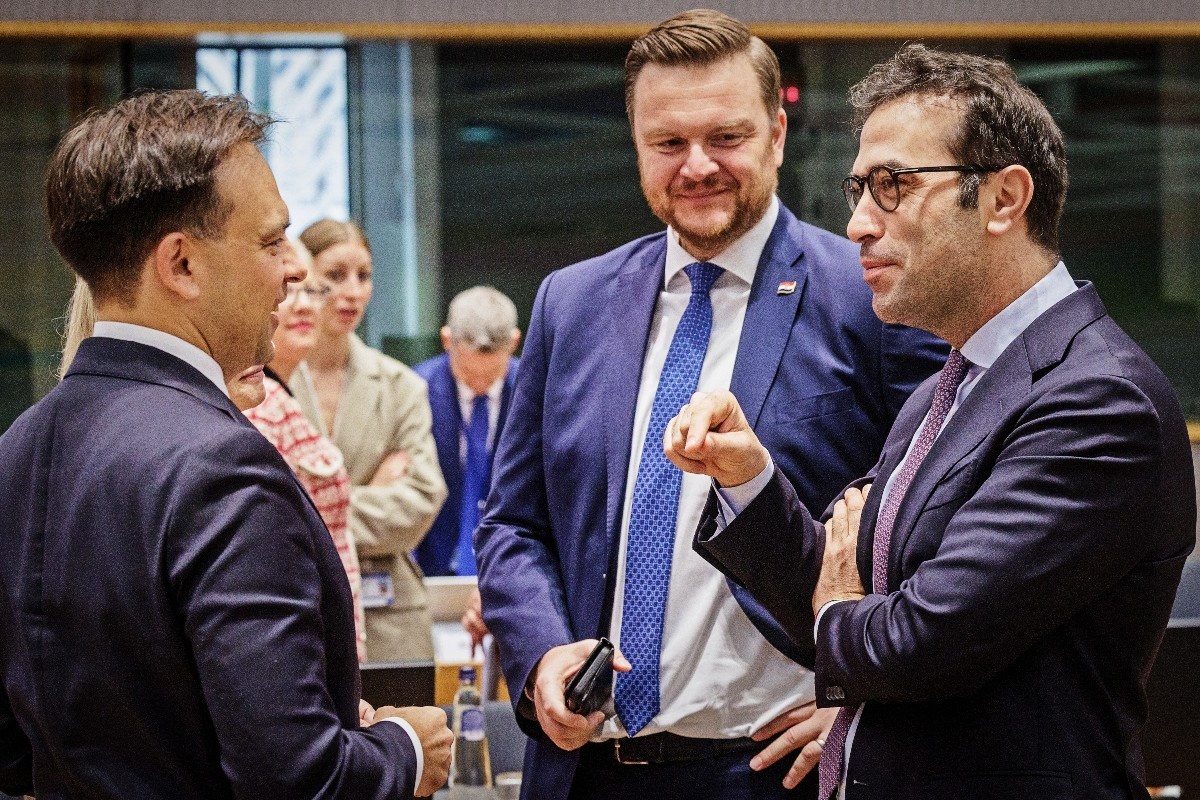EU Activates Fiscal Clause to Boost Defense Spending: Croatia and 14 Other Countries Ready for Budget Rule Exception
The European Union has just activated the so-called fiscal escape clause, allowing 15 member states, including Croatia, to exceed the permitted budget deficit by 1.5% of GDP, but only if the funds are used for defense spending. Yes, you read that right – instead of sticking to the strict 3% deficit rule, these countries can now go up to 4.5% deficit, but only for the military!
Who’s in the game?
Besides Croatia, the clause has been activated by Belgium, Bulgaria, Czech Republic, Denmark, Estonia, Finland, Greece, Hungary, Latvia, Lithuania, Poland, Portugal, Slovakia, and Slovenia. That’s a real EU military league!
Croatia: A Safety Net, Not a Spending Plan
Croatia’s Finance Minister, Marko Primorac, clearly stated that Croatia does not plan to immediately use this clause but sees it as a safety instrument. Croatia intends to meet its obligations to increase defense spending while trying to keep the budget deficit below 3% of GDP. So, they don’t plan to recklessly throw money at the military, but if needed, they have the green light for extra expenses.
How will the increased defense costs be financed?
The increase in defense spending won’t come solely from the budget. Croatia plans to use cohesion policy funds, especially for projects with dual-use – civil and military – such as infrastructure and roads. Additionally, Croatia is interested in using the SURE instrument, an EU credit program worth billions of euros, which allows member states to request financing for defense expenditures at favorable loan terms.
What does this mean for the EU and us?
This decision comes at a time when security challenges are rising, and EU member states feel the pressure to boost their defense capabilities. Fiscal rules that previously limited deficits are now more flexible, but only for military spending. It’s like the EU saying: “You can spend more, but only if you’re buying tanks and weapons!”
But is there a catch?
Of course, fiscal space isn’t unlimited. Croatia and other countries must carefully balance increased defense spending with maintaining public finance stability. Primorac emphasized that the increase will require budget reallocations and the use of other financial instruments. So, it’s not just throwing money around but a complex financial strategy.
Conclusion
The EU has taken a big step toward a more flexible approach to fiscal rules, but only for defense. Croatia and 14 other countries have the opportunity to increase their military budgets up to a 4.5% deficit, a significant jump from the previous 3%. Will this lead to stronger defense or just more debt? Time will tell.
What do you think about this EU move? Is it a smart response to security challenges or just an excuse for more borrowing? Drop a comment, maybe together we’ll figure out who’s really paying the bill for this military party!







































